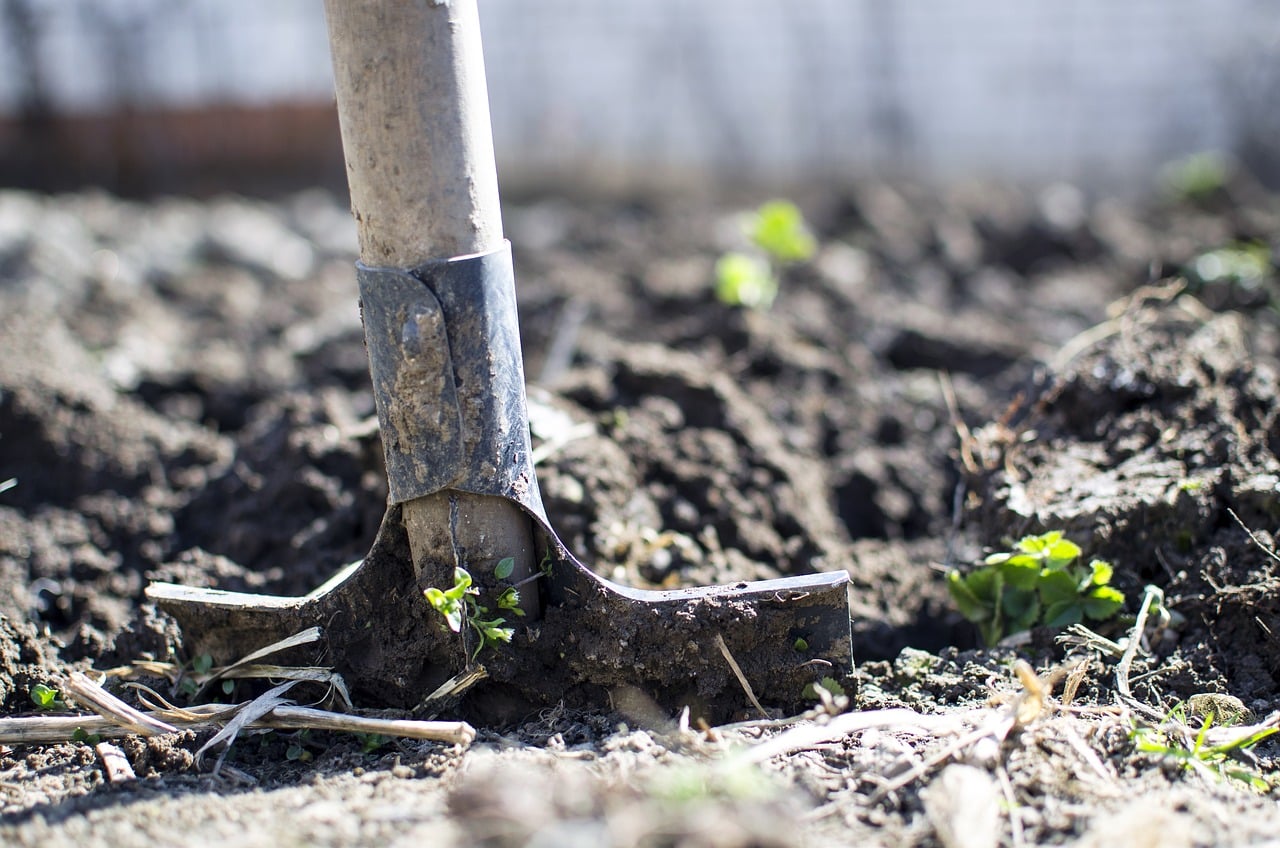
Soil is the surface of the Earth where crops and plantations are developed.
The ground is the lower part of certain buildings or things . It can be said that the term, with etymological origin in the Latin solum , refers to the surface of the Earth ( the outer part of the earth's crust ) and where seeds are planted for agricultural activities.
For example: "The drought has affected the soil, stripping it of its fertility" , "I need some soil chemicals as I want to grow tomatoes and I would like to be prepared to deal with pests" , "I am going to cover the soil with a tarp to protect it from hail .
Tips to care for the soil
The soil is healthier and appears more fertile and productive when it is protected by plants. One of its greatest enemies is erosion, which could well be compared to a wound in our body: the openings made in the soil give way to infections, which end the fertility of the soil.
Among the main causes of erosion are burning, deforestation , the abuse of chemical products, the furrows that are built on the inclination line of the slopes and the absolute elimination of vegetation from a land.
It is important to remember that soil is the product of a process that has taken thousands of years ; Scientists say that it takes more than 3 centuries for a piece of rock the size of a dice to transform into fertile soil, thanks to the patient action of rain, wind, bacteria and lichens.
Just like our skin, the soil lives , as it is home to millions of different beings, such as microorganisms, insects and worms; and all of them have the important task of processing the remains of plants and animals to turn them into food for plants. Without air, such a cycle could not exist; The soil also needs oxygen , and receives it through the galleries designed by the insects that live there, as well as from the roots of the plants.

The idea of soil can refer to the floor or the surface layer of something.
Other meanings of the term
The floor can also be the floor of a home or the artificial surface that is manufactured to contribute to the solidity of the floor : "The old woman entered the store and slipped because the floor was wet," "I am going to beautify the living room floor." with a new ceramic floor» , «Little Alejandro fell and hit his head on the floor» .
For engineering , the soil is the physical substrate on which the works are carried out. In the field of urban planning, on the other hand, the land is the physical space on which any infrastructure is built.
Another use of the concept is linked to a certain territory . The notion is used symbolically to refer to an entire country, nation or region: "The writer, during exile, dreamed of setting foot on Argentine soil again" , "There is no more skilled politician on Spanish soil" , " Society "The international community will not tolerate new abuses on Iraqi soil," "The revenge will be played on neutral soil."
Soil, conjugation of the verb soler
On the other hand, floor is the conjugation of the verb soler corresponding to the first person singular (I) of the present tense. It is used to talk about a custom that is frequently repeated, especially in the past and present.
In the first case, it is common for it to denote a certain nostalgia, given that the distance between the narrated events and the present tends to be considerable (" As children, almost 40 years ago, we used to steal oranges from our neighbor "); In the present tense, on the other hand, it is used to share points of view, to give advice or simply to talk about a personal habit (" I'm not saying that you do it wrong, but I tend to cook it a lot more ").
